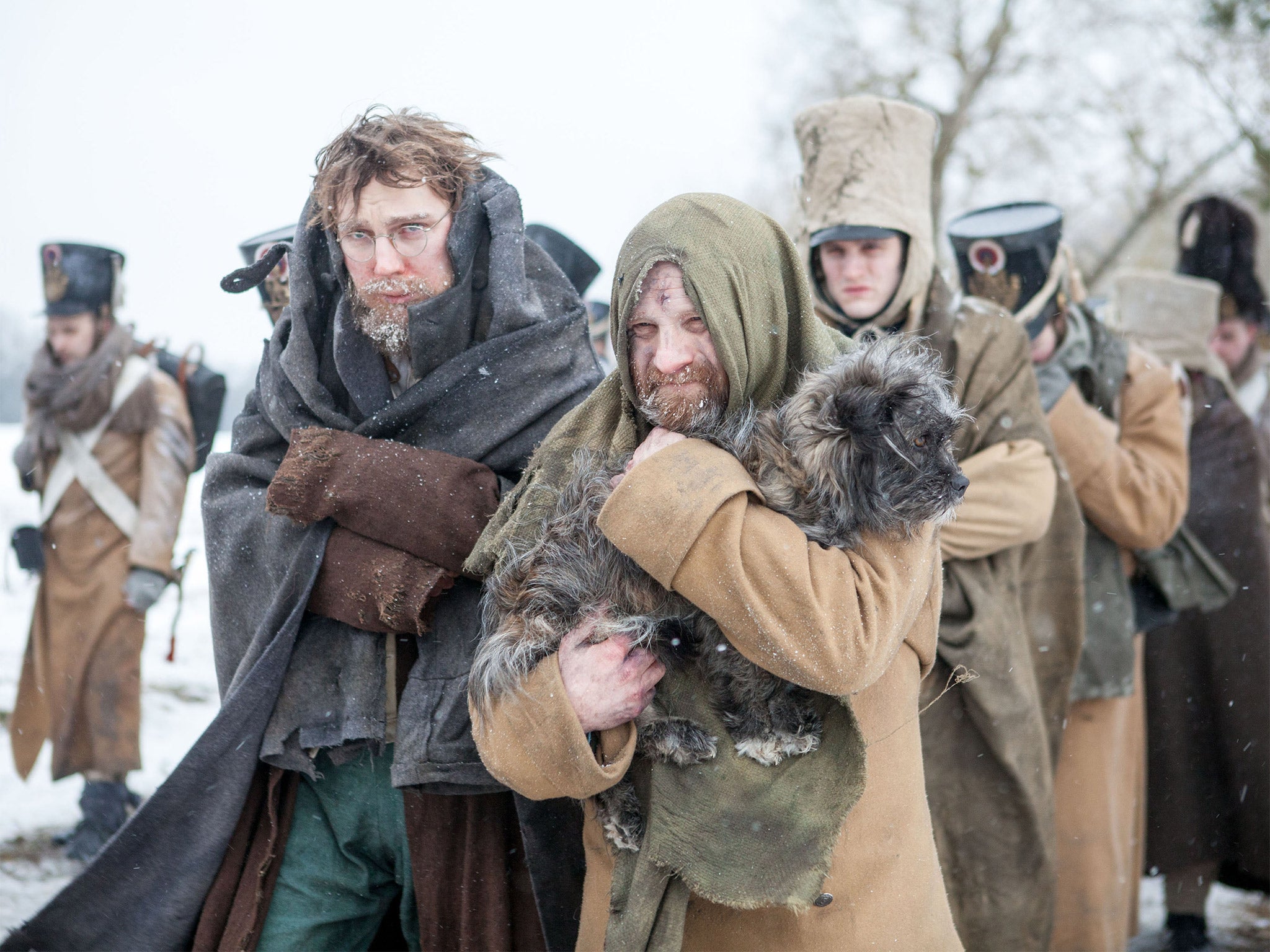Back in 2010 I wrote a a post on this topic, called,
Daily weigh-ins—they really work!. I've been weighing myself daily now since then, and maintained my weight (more or less). I've also seen friends and relatives lose weight and gain the weight back again multiple times, doing various diet programs and detox programs. Everyone that's I know who's done these diet programs (weight watchers or other programs) has NOT weighed themselves daily. As a matter of fact, the diet programs my friends and relatives have been on actually instruct you to NOT weigh yourself daily, and only weigh yourself at the meetings.
 |
| My weight chart |
I think avoiding a daily weigh-in is rotten idea if you have weight issues. Weighing yourself daily is
the most powerful things you can do in order to maintain or lose weight. The companies that sell weight loss programs and devices would love to be the gatekeeper, and have you rely on them for help with your weight. But the most powerful, long-term answer to weight loss and maintenance is to control your weight yourself. You can do this in your home, in about 5 seconds a day, by stepping on the scale and making an x mark on a graph. When you notice that your weight is up a pound or two after an indulgent meal the evening before, that's a very powerful, critical nudge to eat more lightly the next day.
Will your weight fluctuate on a daily basis? Sure it will. It needn't bother you once you've gotten used to it, and realize that usually these fluctuations have a cause and can be accounted for.
What about the fat vs. muscle argument? Some people say that you shouldn't weigh yourself daily because you may get discouraged as the scale goes up, when you're actually gaining muscle instead of fat. I say that's baloney. Compared to the number of people that are overweight because they're too fat, the number that are overweight because they're muscular is tiny. Unless you know for sure you're one of them, this is not a reason to not step on the scale daily.
I did a little research online, to see what people are saying nowadays about weighing yourself daily to control your weight.
What did I find? When I searched for my exact old blog post title, the first link that comes up on Google was this self-serving post,
5 Reasons to Stop Weighing Yourself Everyday, put out by a company that sells very expensive body composition analysis machines, designed to be used "by professionals only". They're so expensive that there's not even a price, you have to call them for a quote. So they definitely don't want you to use something as cheap, easy, and accessible as a scale, because that would be bad for their business.
Next on the Google search results list was
this post by Jillian Michaels, entitled "MYTH: WEIGHING YOURSELF DAILY WILL HELP YOU STAY ON TRACK". It's another story designed to sell her products—a meal plan and exercise app. She basically says that because for many people weighing themselves is a source of stress, and it should only happen once a week.
There are a few more links that are more even-handed, and do recommend weighing yourself daily. But the fact remains that the links that got highest up in the rankings are those that presumably spent the money on SEO, and as a consequence are giving out information that is bad advice for most people.








